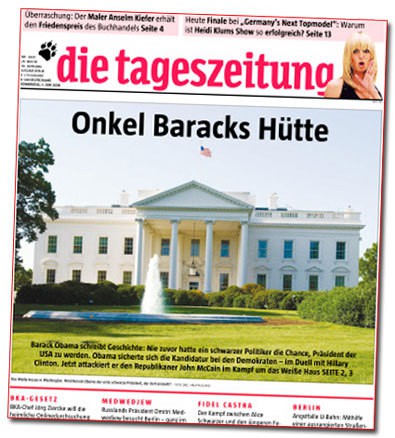This essay negotiates the critical tension between race as an analytic and social construct by examining how race becomes socialized in and through the production and presentation of Arab culture in two ethnographic case studies: how Syrian musicians negotiate musical multiculturalism as they integrate into German society and how independent musicians in Egypt navigate the racialized entanglements of national and international security logics that privilege Western foreigners. Both these case studies center the “foreigner” subject as one who embodies proximity to white power and delimits the boundaries of such power. We argue that the category of foreigner is thus a racialized construct that not only complicates the Black–white binary of race relations but strategically evades explicit discourses and practices of racecraft that are violent, discriminatory, and exclusionary. By provincializing critical race theory through the particularities of Arab lived experience, we illustrate how local social categories are entangled with historic legacies of empire and contemporary global logics of racialized difference while remaining sensitive to how conceptions of difference exceed Euro-American categories of race. Our work therefore directs attention towards alternative enactments of racialization within the Global South.
Keyword: Germany
Other People’s Cabins: German Inversions of Onkel Tom’s Hütte
Kristin Moriah’s essay is rooted in extensive archival work in the US and Germany, examining the transatlantic circulation of Uncle Tom’s Cabin through markets of performance and literature in and between Germany and the United States. The essay follows the performative tropes of Uncle Tom’s Cabin from its originary political resonances to the present-day restaurants, train-stops, and housing projects named for the novel. Moriah reveals how the figurations of blackness arising from these texts are foundational to the construction of Germanness and American-German relations in the early 20th century and beyond.

